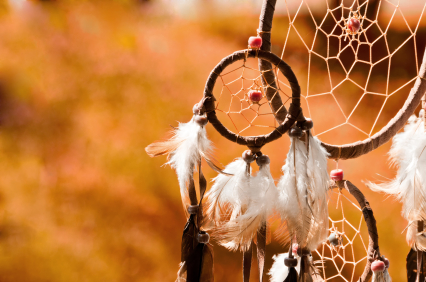What Percentage of Native Americans Are Eligible for Benefits?
Native Americans, also known as American Indians, are an integral part of the United States’ rich cultural heritage. Many individuals often wonder what percentage of Native Americans are eligible for benefits. In this article, we will explore this topic in detail and provide you with comprehensive information.
Understanding Native American Benefits Eligibility
Native Americans who are recognized as members of a federally recognized tribe are eligible for various benefits and programs. These benefits aim to support and uplift Native American communities across the country. The eligibility criteria for these benefits can vary depending on the specific programs and their requirements.
Percentage of Native Americans Eligible for Benefits
While it is difficult to provide an exact percentage of Native Americans eligible for benefits, we can provide you with some insights. According to the U.S. Census Bureau, as of 2020, there are approximately 5.9 million people who identify as Native American or Alaska Native alone or in combination with one or more other races in the United States. This accounts for around 1.7% of the total population.
It’s important to note that not all individuals who identify as Native American are eligible for benefits. Eligibility is determined by factors such as tribal membership, blood quantum requirements, and the specific programs or services being accessed.
Determining Eligibility for Native American Benefits
Eligibility for Native American benefits is primarily based on tribal membership. Each federally recognized tribe establishes its membership criteria, which can include factors such as lineal descent, blood quantum, or a combination of both.
Additionally, some benefits may have specific eligibility criteria based on factors such as age, income level, or residency. It is essential to consult the specific program or tribe to determine eligibility requirements accurately.
Types of Benefits Available to Native Americans
Native Americans who meet the eligibility criteria can access a range of benefits and programs designed to support their communities. These benefits can include:
Healthcare services
Educational scholarships and grants
Housing assistance
Tribal government services
Business and economic development opportunities
Cultural preservation programs

In conclusion, the exact percentage of Native Americans eligible for benefits is challenging to determine due to varying factors such as tribal membership and program-specific requirements. However, Native Americans who are recognized members of federally recognized tribes can access a range of benefits and programs aimed at supporting their communities. If you are interested in learning more about eligibility for specific benefits, we recommend reaching out to the relevant tribe or program for accurate and up-to-date information.
Frequently Asked Questions
What percentage of Native American heritage is required to receive benefits?
The percentage of Native American heritage required to receive benefits varies depending on the specific program or tribe. Each tribe has its criteria for determining eligibility. It is best to contact the specific tribe or tribal organization to inquire about their requirements.
Are all Native Americans eligible for benefits?
No, not all Native Americans are automatically eligible for benefits. Eligibility is determined by each tribe or tribal organization based on their specific requirements and criteria.
What types of benefits are available for Native Americans?
Native Americans may be eligible for various benefits, including educational assistance, healthcare services, housing programs, cultural preservation support, and more. The availability and extent of benefits depend on the tribe and the programs they offer.
How can I find out if I am eligible for Native American benefits?
To determine your eligibility for Native American benefits, you should contact the specific tribe or tribal organization you are affiliated with or belong to. They will provide you with the necessary information and guidance.
Can non-Native Americans receive Native American benefits?
In most cases, Native American benefits are reserved for individuals who can prove their Native American heritage and meet the eligibility requirements set by the tribe or tribal organization. Non-native Americans typically do not qualify for these benefits.
Is there a specific blood quantum requirement for Native American benefits?
Many tribes have a blood quantum requirement, which refers to the percentage of Native American ancestry an individual must have to be considered eligible for benefits. The blood quantum requirement varies among tribes, so it is important to contact the specific tribe for their criteria.
Can I receive benefits from multiple tribes if I have ancestry from different tribes?
Yes, it is possible to receive benefits from multiple tribes if you can prove your eligibility and meet the requirements of each tribe. However, the availability and extent of benefits may vary depending on the specific tribe.
Can I apply for Native American benefits if I don’t have official documentation of my ancestry?
It is generally necessary to provide official documentation or proof of Native American ancestry when applying for benefits. This can include birth certificates, tribal enrollment cards, family records, or other genealogical documentation. Contact the tribe or tribal organization for their specific requirements.
Are Native American benefits available to individuals living outside the United States?
Native American benefits are primarily intended for individuals who are members of federally recognized tribes residing within the United States. If you live outside the United States, you should contact the tribe or tribal organization to inquire about their policies regarding benefits for individuals living abroad.
What other resources are available for Native Americans who do not qualify for benefits?
Even if you do not qualify for specific benefits, there are often other resources and programs available to support Native Americans. These can include community services, cultural events, educational opportunities, and employment assistance. Contact local Native American organizations or tribal offices for more information.




